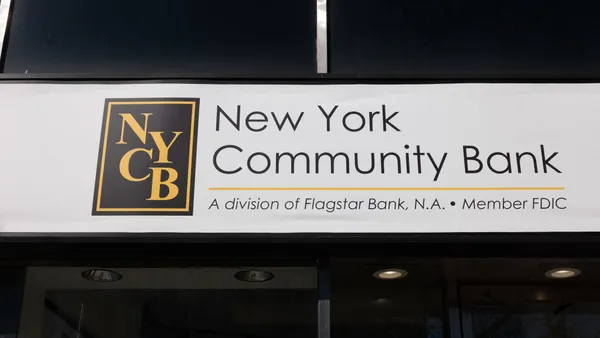First National Bank will dive deeper into the Southeast and mid-Atlantic markets, with 30 new branches in the next five years, the bank said Tuesday.
Most of the branches will add to FNB’s expansion in North and South Carolina, as well as in Maryland, Virginia and Washington, D.C.
The Pittsburgh-based lender, which operates in seven states and D.C., is one of many banks concentrating on the Southeast to take advantage of explosive population growth. Huntington, for one, is in the middle of a Carolinas-focused 55-branch expansion, and Fifth Third is adding some 200 locations in the region.
“FNB’s expansion into dynamic, high-growth markets in the Mid-Atlantic and Southeast has yielded performance that demonstrates the effectiveness of our business model as well as our commitment to client service,” FNB CEO Vincent J. Delie Jr. said in a prepared statement on the expansion. “We have built out our unique in-store experience which allows clients to complete applications both in the branch and online, resulting in the omnichannel experience we have pursued through our Clicks-to-Bricks strategy.”
FNB, which has close to $50 billion in assets, entered the Carolinas in 2017, when it merged with Raleigh, North Carolina-based Yadkin Financial Corp. It dug deeper into the Charleston, South Carolina, area in 2018 and has since opened five new branches, nearly 160 branded ATMs and downtown regional hubs housing commercial banking and wealth management segments in the Palmetto State.
In 2020, the bank singled out South Carolina as a driver of its organic growth. A focus on team recruitment and strategic effort have helped FNB more than double total deposits in South Carolina since entering the state, according to the bank’s Tuesday announcement.
With the addition of its planned locations, FNB will operate roughly 380 branches and more than 1,600 ATMs across its footprint, with 110 branches and 500 ATMs in the Carolinas alone.
Another source of growth in the region was the 2022 acquisition of Greenville, North Carolina-based UB Bancorp and its wholly-owned subsidiary, Union Bank. The acquisition of Baltimore-based Howard Bank earlier that year bolstered its mid-Atlantic presence.











